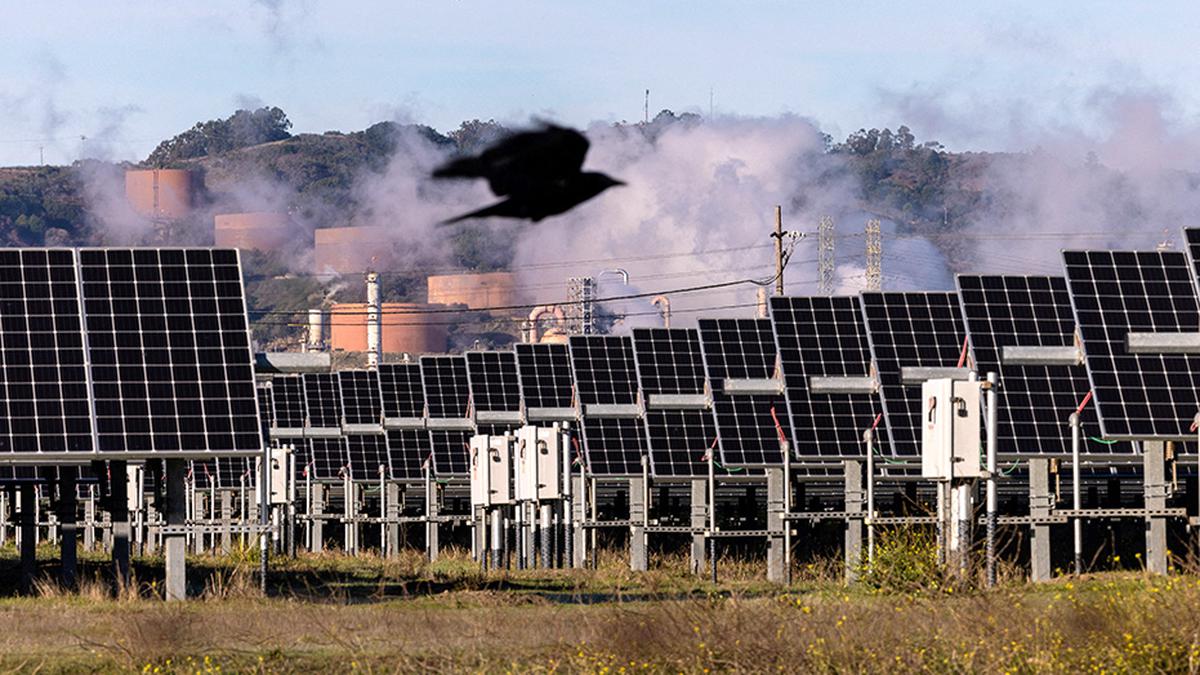Solar Energy: U.S. Supply Chain Needs Urgent Government Support

Global panel prices have collapsed due to a new Asian production capacity wave, impacting the U.S. solar industry. A report commissioned by the Solar Energy Manufacturers for America Coalition suggests that urgent government action is needed to support domestic factories to compete with China. The report calls for more federal support, including tougher standards for tax credits and increased enforcement of duties on imported panels from Southeast Asia.
Source: Link
FAQ: Solar Energy: U.S. Supply Chain Needs Urgent Government Support
FAQ: Solar Energy: U.S. Supply Chain Needs Urgent Government Support
Q: Why does the U.S. solar energy supply chain need government support?
A: The U.S. solar energy supply chain is currently stalled and requires urgent government action to support its development. This is likely due to various challenges, including international competition, supply chain issues, and the need for technological advancement and infrastructure.
Q: What kind of government support is necessary for the U.S. solar supply chain?
A: Specific measures are not detailed in the provided information, but generally, support could include financial incentives, investments in infrastructure, policies promoting domestic manufacturing, and research and development initiatives.
Q: Has the U.S. government taken any steps to address the solar supply chain issues?
A: While the available links do not specify recent actions taken by the U.S. government, they do indicate ongoing awareness and collaborations, such as the U.S.-India partnership, to diversify the global supply chain for renewable energy, which might include solar energy components.
Q: Are other countries facing similar issues with their solar energy supply chains?
A: The information does not provide specific details about other countries; however, it is common for many countries to experience challenges in developing renewable energy supply chains due to the global nature of the market and the complexity of transitioning to renewable energy sources.
Q: What are the potential benefits of a robust U.S. solar energy supply chain?
A: A robust U.S. solar energy supply chain can lead to greater energy independence, job creation, reduced greenhouse gas emissions, and enhanced global competitiveness.
Q: Are there any international collaborations to support the solar energy supply chain?
A: Yes, the joint statements from the United States and India indicate that there is international collaboration. The two countries are working together to diversify and support the global supply chain for renewable energy, which includes solar energy.
Q: How does COVID-19 impact the renewable energy industry, including solar energy, in countries like India?
A: COVID-19 has disrupted the supply chain and affected the renewable energy industry in India and globally. In response, the Government of India has announced support measures for the industry to address these challenges, which may include efforts to stabilize the solar supply chain.
For more in-depth information, you may refer to the articles from The Hindu, White House press releases, and other provided sources. These resources contain more detailed discussions on the solar energy supply chain and governmental support strategies.

